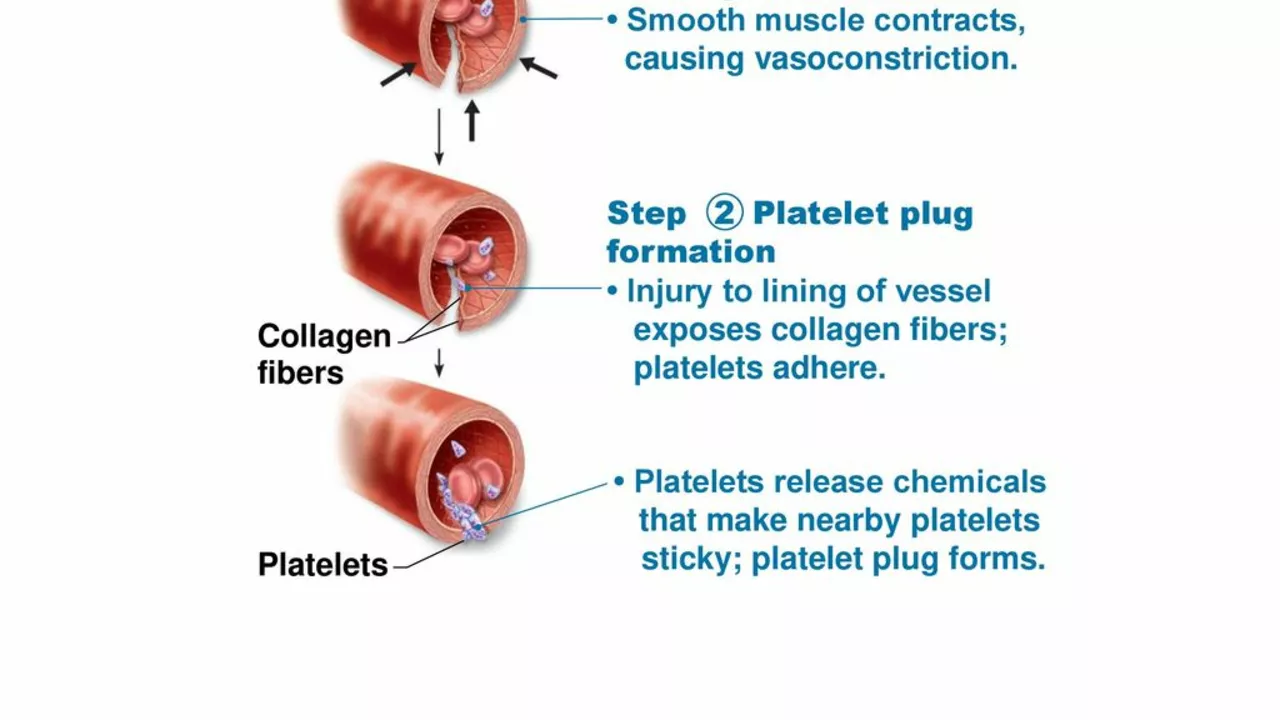Lifestyle changes that actually make you healthier — simple steps you can start now
Small, consistent changes beat big, short-lived promises. If you want better sleep, fewer colds, steadier moods, or less reflux, focus on habits you can keep. Below are practical, no-nonsense changes that fit into busy lives and link directly to better health and fewer meds.
Small steps that stick
Pick one habit and do it for three weeks. For sleep, set a wind-down routine: dim lights, stop screens 30 minutes before bed, and go to bed the same time each night. For food, swap one processed snack for a whole-food option — an apple or Greek yogurt. For activity, add 10 minutes of brisk walking after dinner. These tiny wins build momentum and make big shifts feel manageable.
If you smoke, create a quit plan: pick a quit date, tell friends, and remove triggers from your routine. Ask your workplace about smoking policies or support programs — many employers offer counseling or nicotine-replacement benefits. Combining counseling with patches or gum raises your chances of success compared to quitting cold turkey.
Practical habits for common problems
Acid reflux: avoid late heavy meals, cut back on caffeine and alcohol, and raise the head of your bed. These changes often reduce symptoms and can lower the need for long-term acid-suppressing drugs.
Allergies and asthma: track triggers and use preventive measures. For seasonal allergies, try daily antihistamines during high pollen weeks. For asthma, follow your action plan and review inhaler technique with a clinician — poor technique is a common reason inhalers don’t work. Over-the-counter options exist, but check with a provider if symptoms persist.
Mood and anxiety: daily movement, regular sleep, and social time help more than you’d think. If medication is part of your care, never stop it suddenly. Talk to your prescriber about alternatives, dosing, or combining therapy with lifestyle approaches like therapy or consistent exercise.
Gut health: include fiber and fermented foods to support prebiotics and probiotics. Small changes — a serving of beans twice a week, a daily spoon of plain yogurt, or adding more vegetables — can change gut symptoms and energy levels over time.
Exercise safely: warm up, prioritize form, and progress gradually. To avoid gym injuries, learn one new movement properly before increasing weight. Rest days matter — muscles grow and recover while you rest, not only when you train.
Medication and access: keep a simple list of what you take, why, and your prescriber’s contact. If cost or access is an issue, reputable online or virtual pharmacies can help save money — but always verify credentials and consult your clinician before changing suppliers or doses.
Start small, track one habit, and build from there. Consistency matters more than perfection. If you’re not sure where to begin, pick the change that would make daily life easier — better sleep, less pain, or clearer breathing — and go after that first.

How to prevent the formation of blood clots: tips for a healthier lifestyle
Hey there, my health-savvy readers! Let's unravel the mystery of preventing those sneaky blood clots, shall we? Step one: Move that body. It's not just about looking good in those jeans, it keeps your blood flowing too! Hydration is the key, drink water like it's going out of style. And remember, a balanced diet is a happy diet. It's your secret weapon against blood clots. Lastly, if you smoke, kick that habit to the curb! It's like a free upgrade for your health. So, let's get clots off our guest list and invite health to the party instead!
August 2 2023